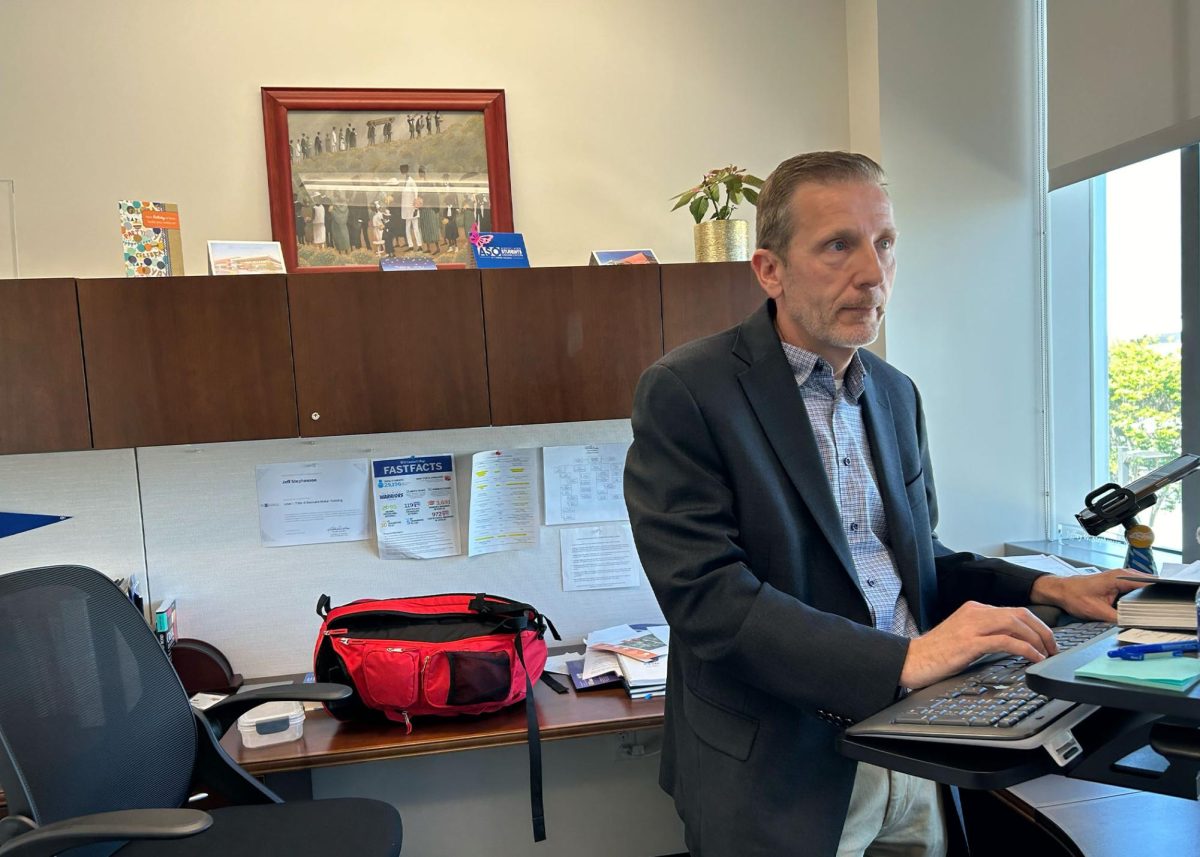A proposed amendment to add the use of artificial intelligence to the standards of student conduct at El Camino College will go through the Board of Trustees’ first reading on Monday, April 15.
The amendment classifies “representing the words, ideas, or work created by another person or generated using Artificial Intelligence as one’s own in any academic exercise” as dishonesty, and would be cause for discipline including removal, suspension or expulsion.
“It was approved by the Academic Senate last semester. Since it needs the Board of Trustees’ approval, it will be on the agenda for the next two meetings. A second reading and voting for adoption will be on May 20,” Rose Mahowald, El Camino executive assistant to the president and office manager, said.
If approved on May 20, misrepresenting the use of AI as the student’s work will be considered misconduct and will lead to disciplinary action.
The amendment raised concerns among faculty and staff during the Thursday, March 21 College Council meeting.
“There [are] a lot of other institutions going through this process… everyone is just attempting to redefine what academic dishonesty is,” Director of the Student Development Office Ricky Gonzalez said during the meeting.
Gonzalez said students using AI and claiming it as their work is on par with students using unauthorized aids such as notes, calculators and smartphones without instructor permission.
Despite this, Gonzalez wants instructors to look at students using AI from a non-disciplinary approach, looking at each instance on a case-to-case basis.
Gonzalez wants to focus more on why students decided to use AI and the extent to which they used it, so that instructors can direct and provide resources to better guide them in learning and being academically honest.
“If [instructors] suspect that something is amiss when the student turns in a term paper and [they have] been working with the students for a while now and you can kind of start seeing how they write, how they think, how they put things together and then they turn in an assignment that sounds completely different from them, have a conversation with them,” Gonzalez said.
Dean of Counseling and Student Success Dipte Patel said faculty should teach and show students how to use AI “appropriately.”
“A lot of this is from the intent that it may be part of different jobs in the future, so you know being an educational institution let’s assist in using it appropriately here,” Patel said.
Math professor Lars Kjeseth said adding the use of AI to the student conduct handbook doesn’t signify the technology is looked down upon by everyone.
“Just because people voted to put something in the [Standards of Student Conduct] about AI didn’t mean that everyone agreed it was a bad thing… this is a reality and eventually we have to basically deal with it in other ways,” Kjeseth said.
Kjeseth said he is still learning to use AI and can see himself incorporating the tool meaningfully in his classroom when he becomes more familiar with it.
“I would be very surprised if three years from now we didn’t have something like an annual “Using AI” summit on campus because it has a great deal of potential,” Kjeseth said.



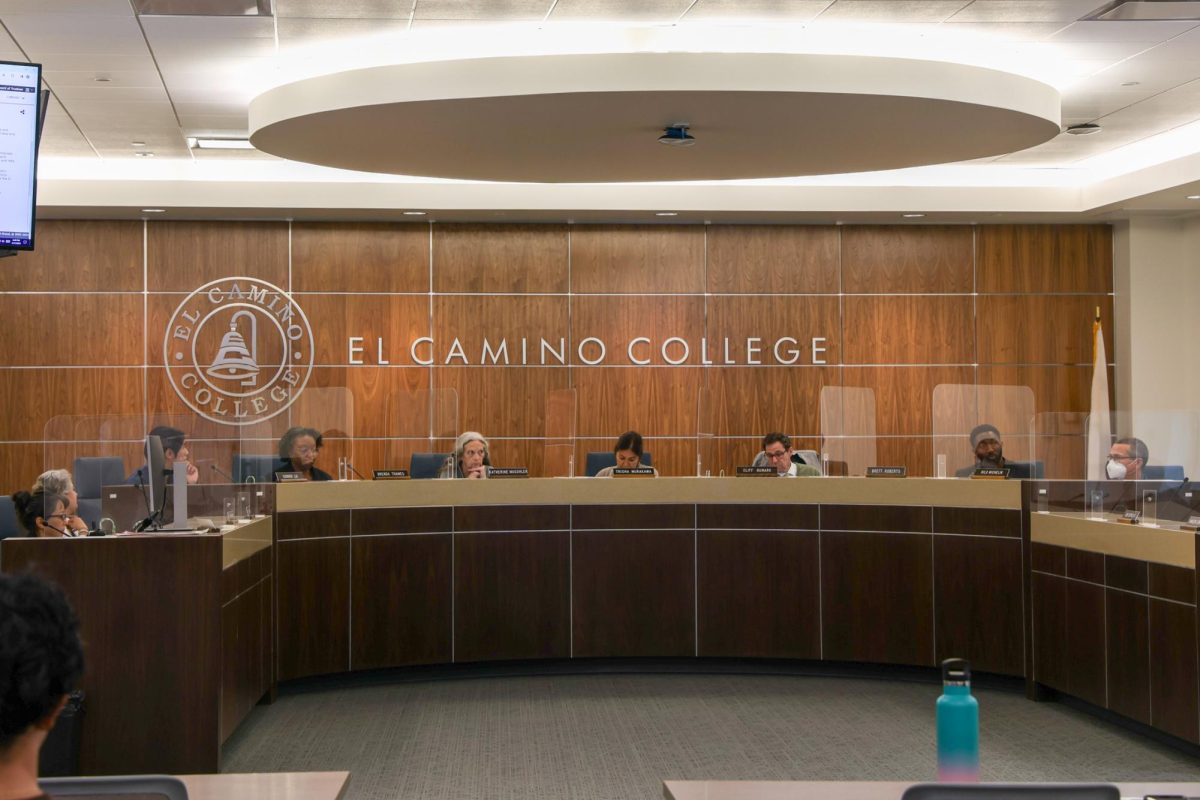
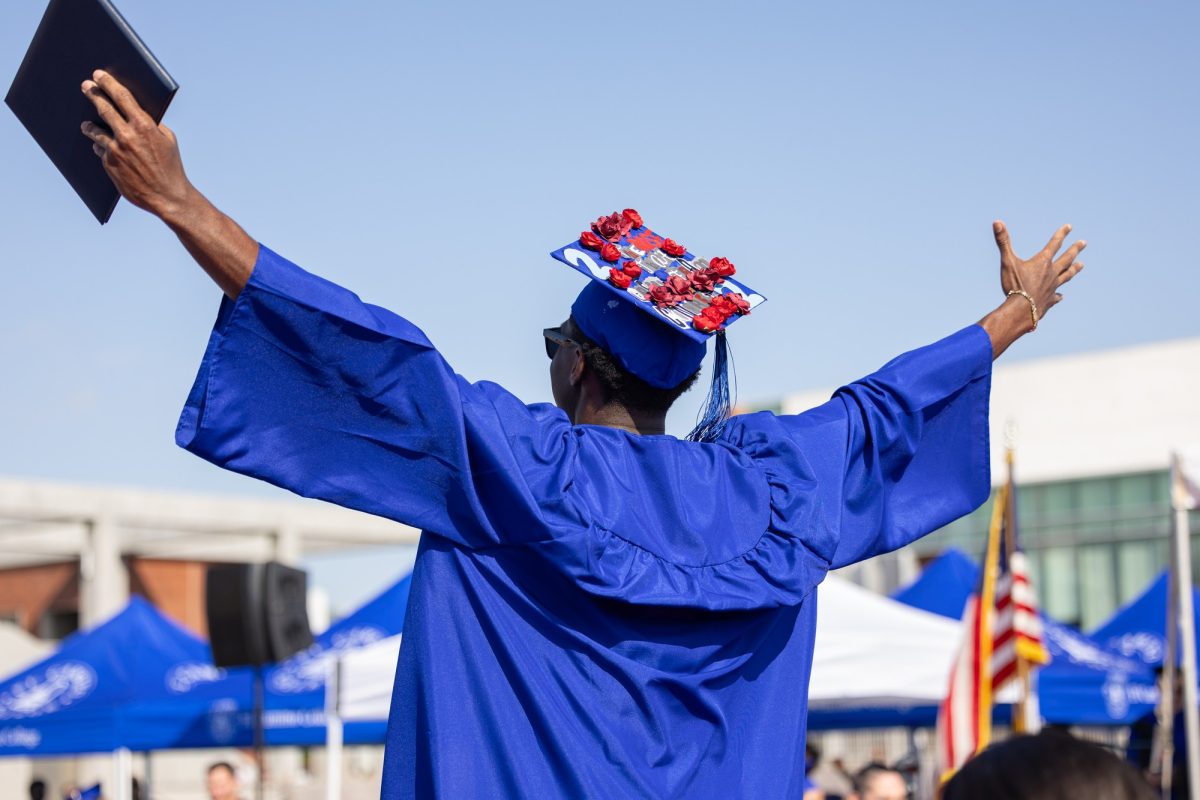

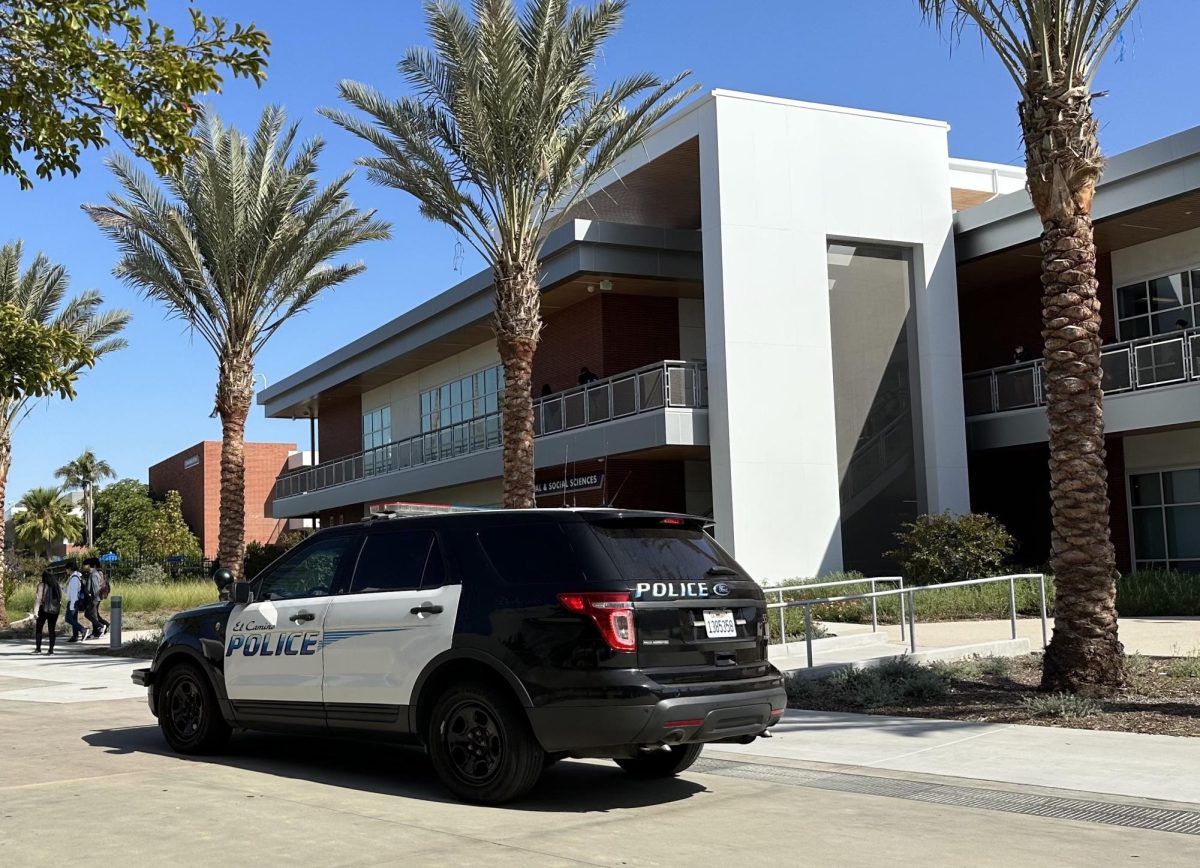
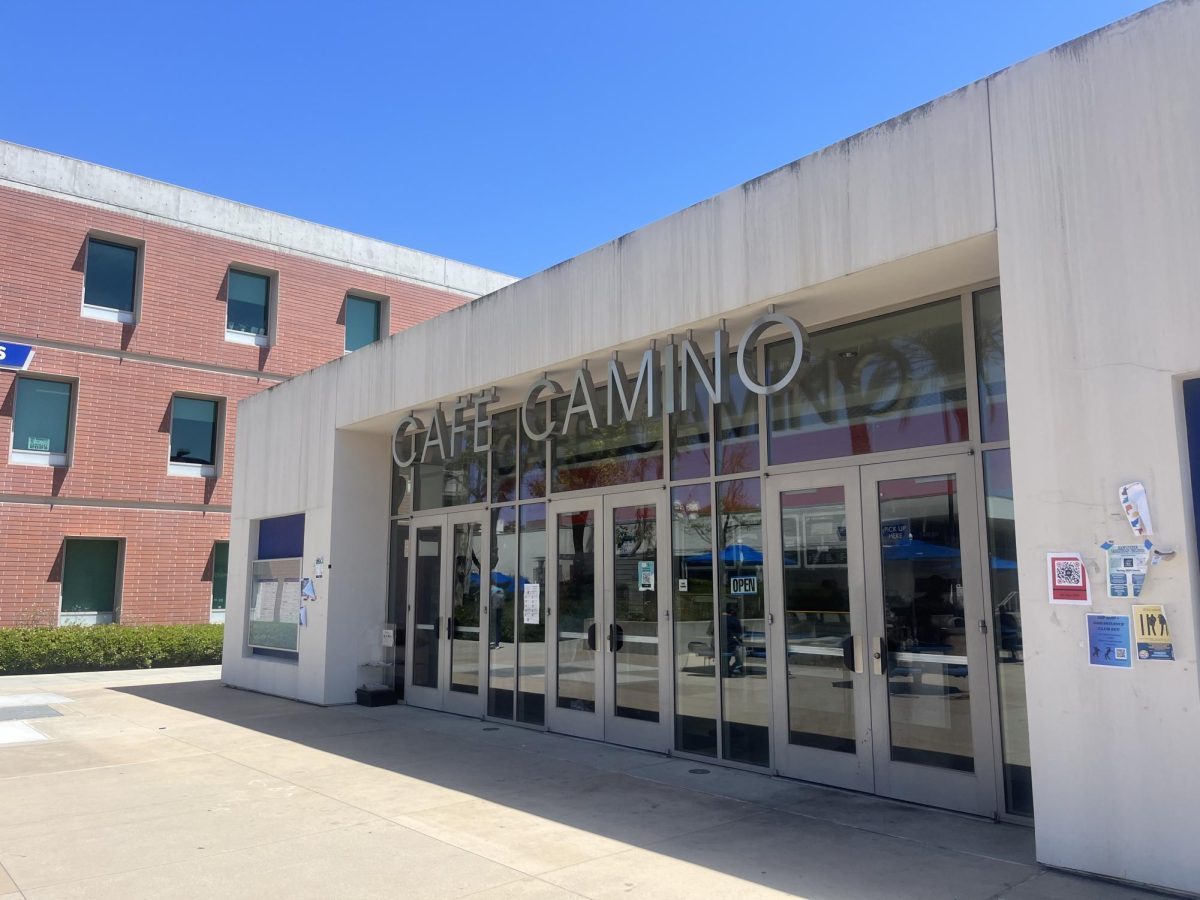
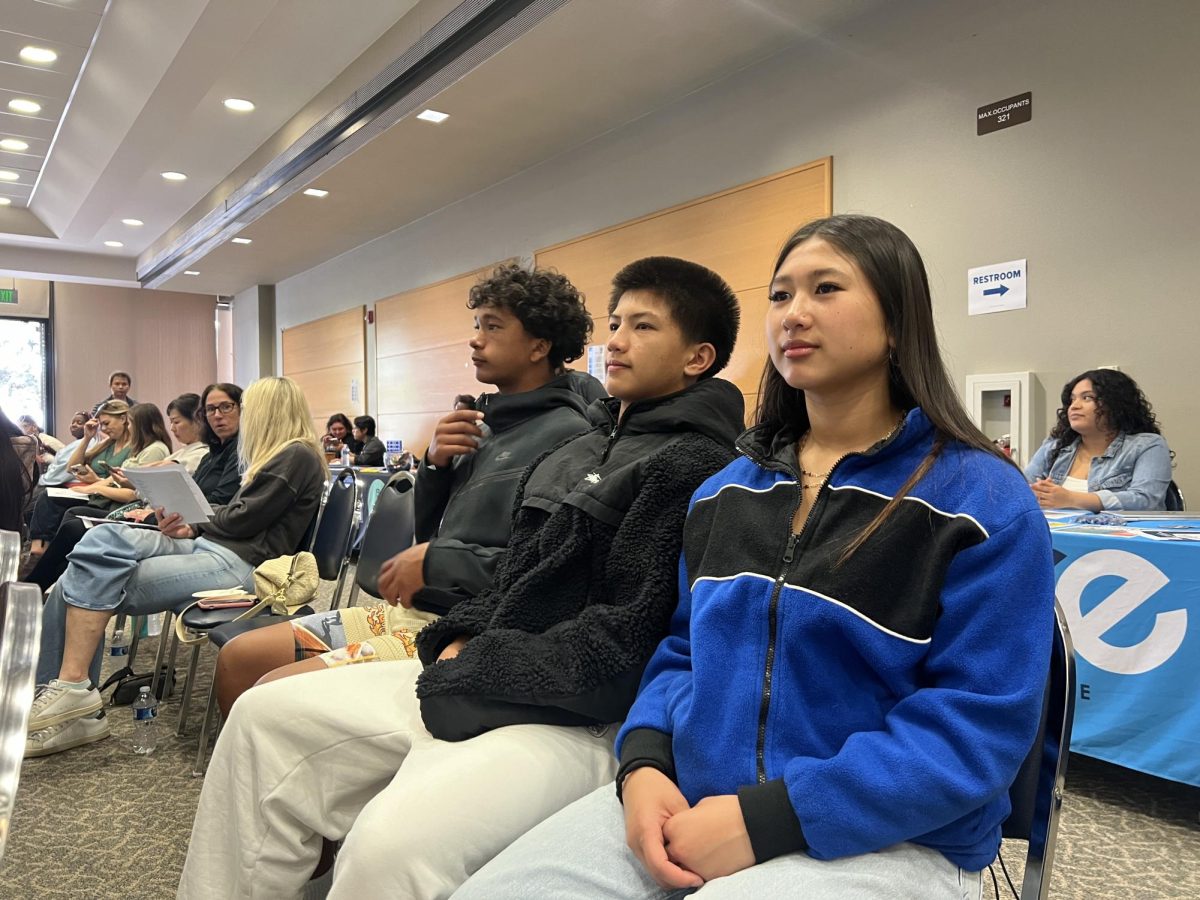
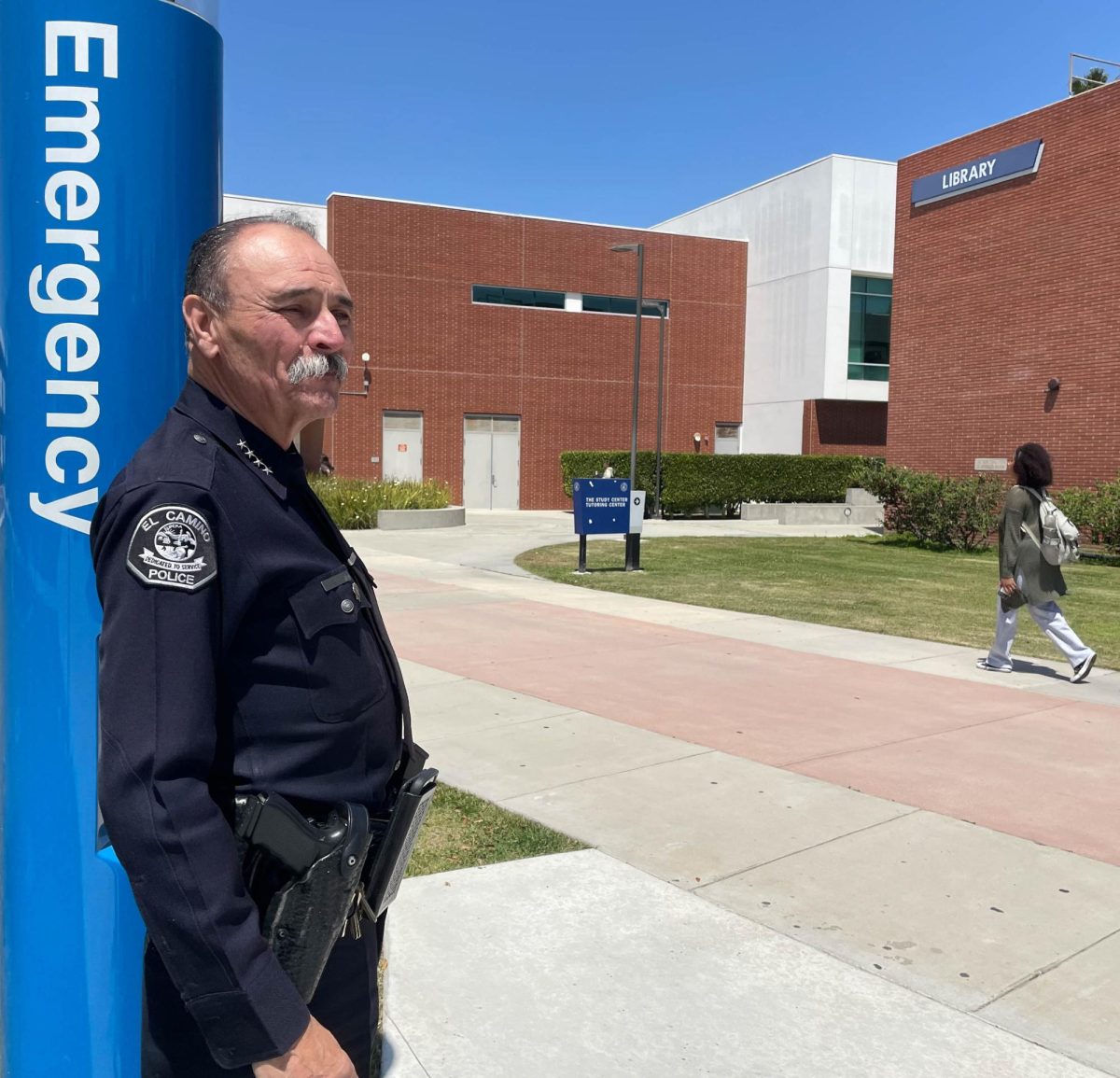
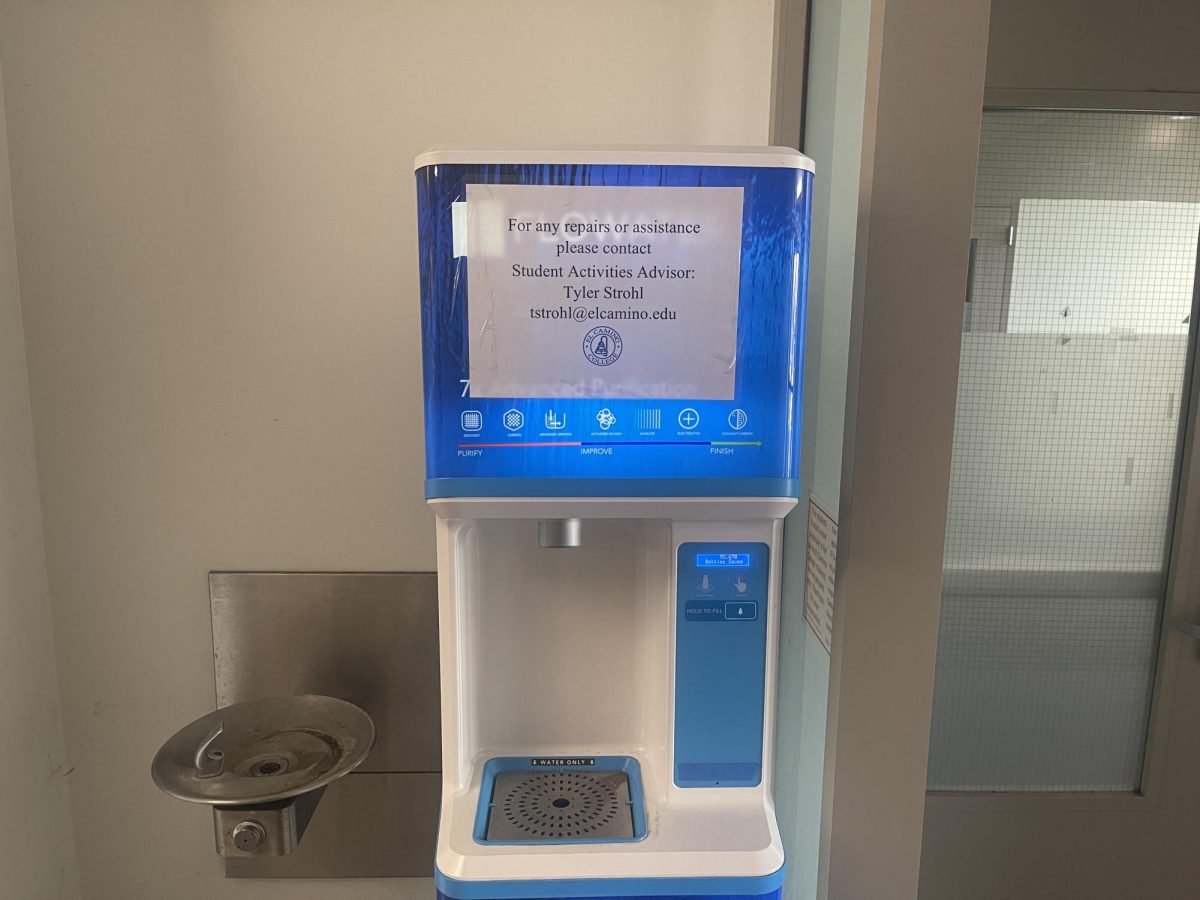
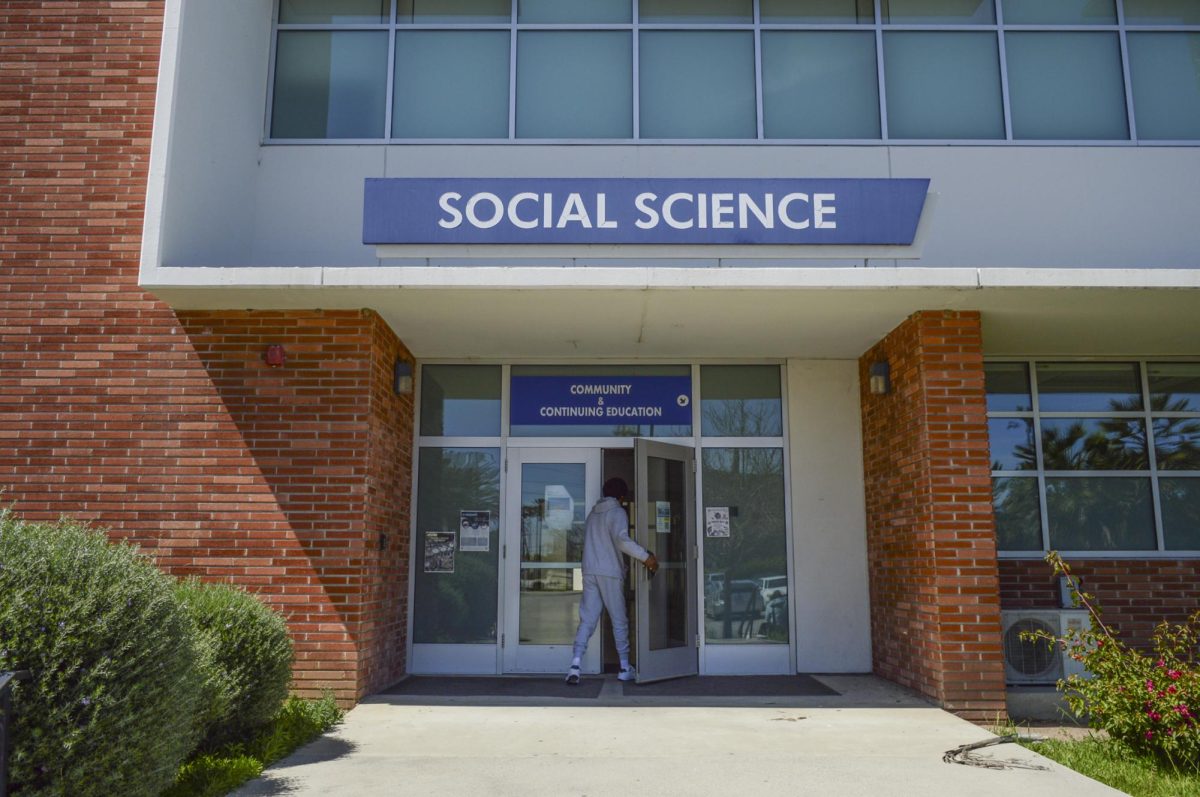

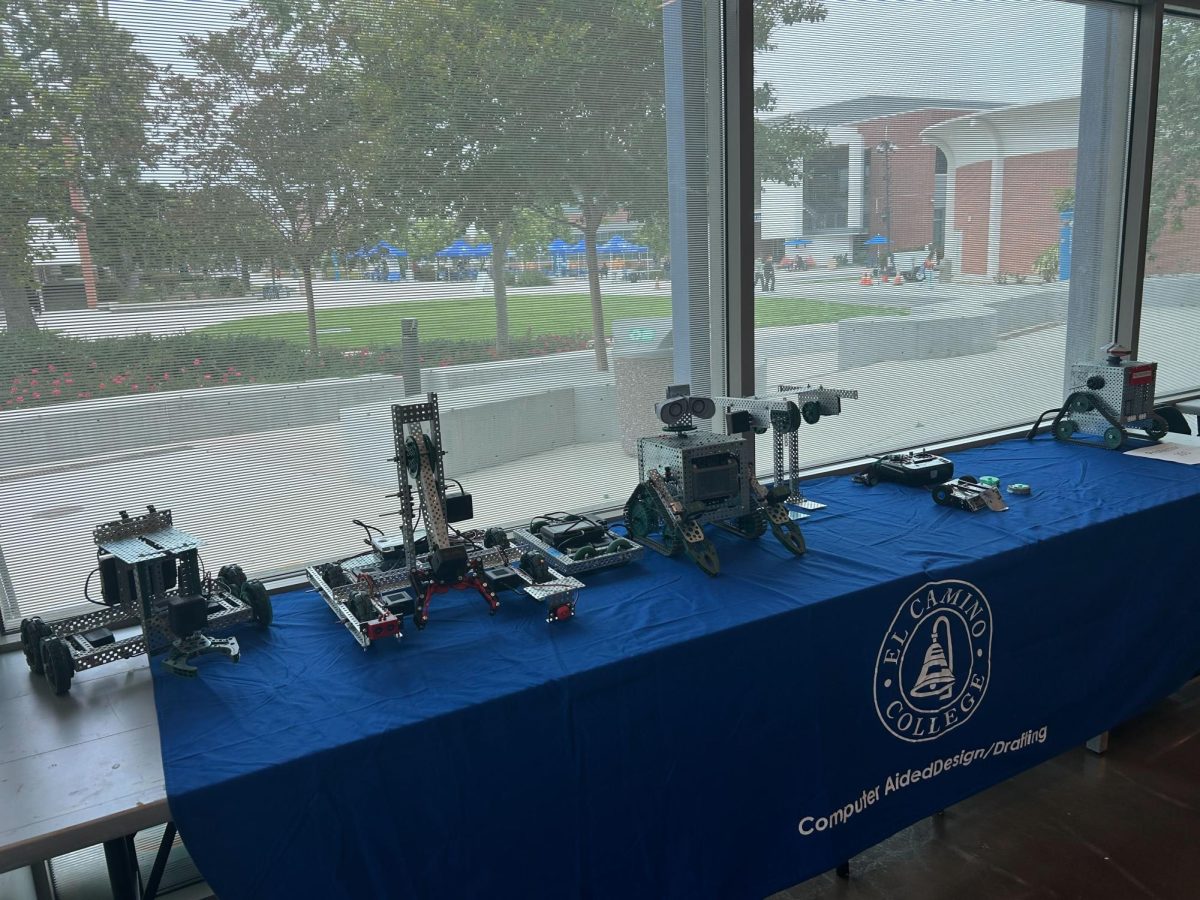
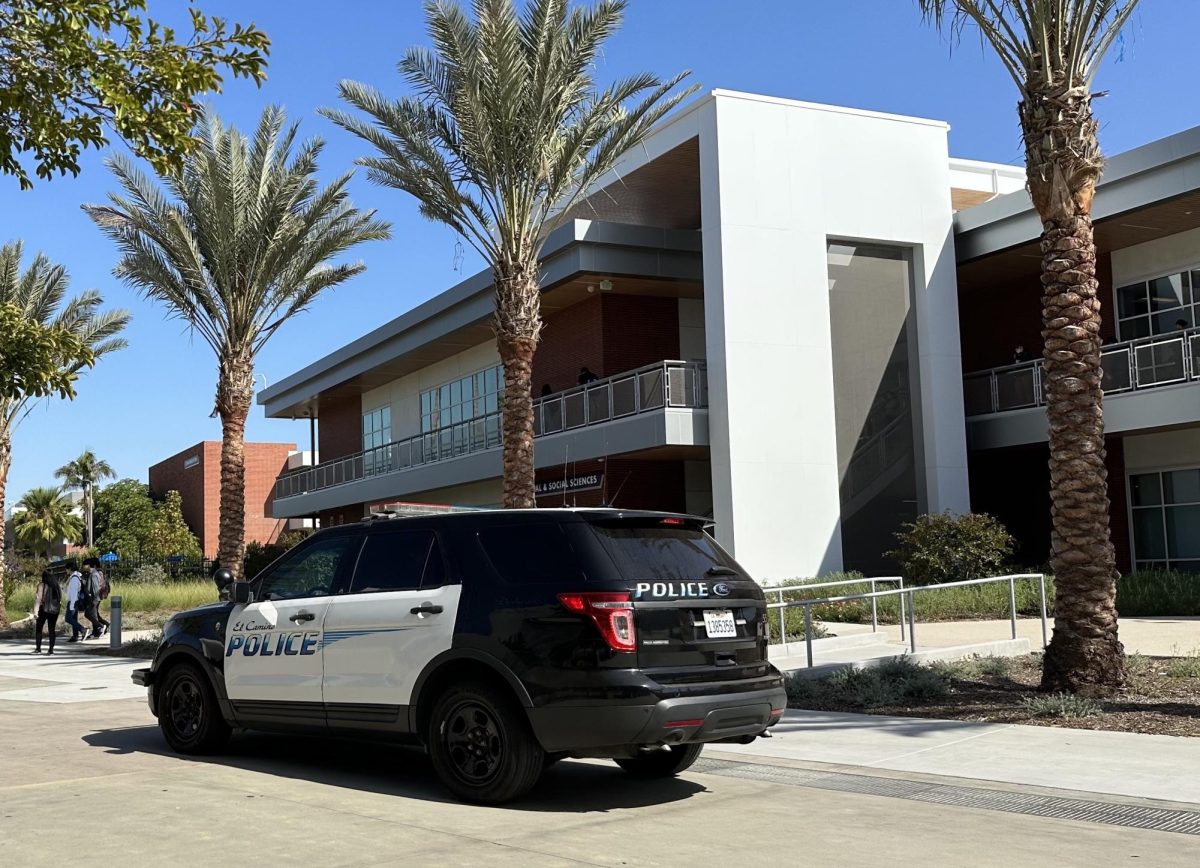
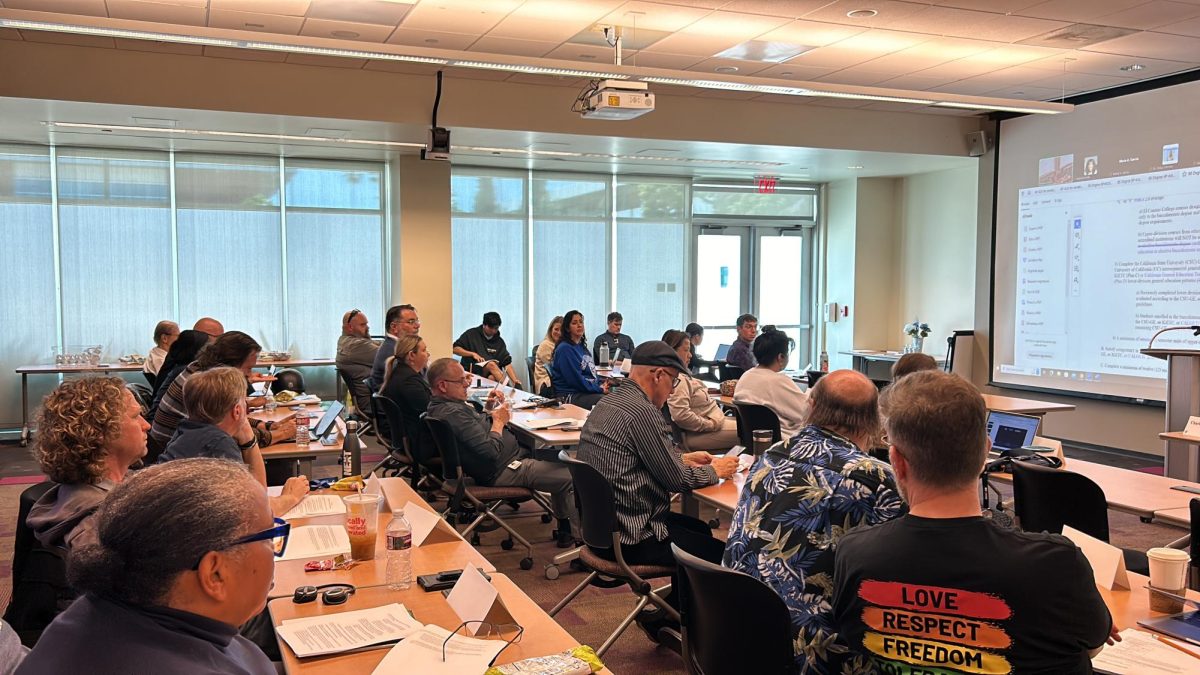
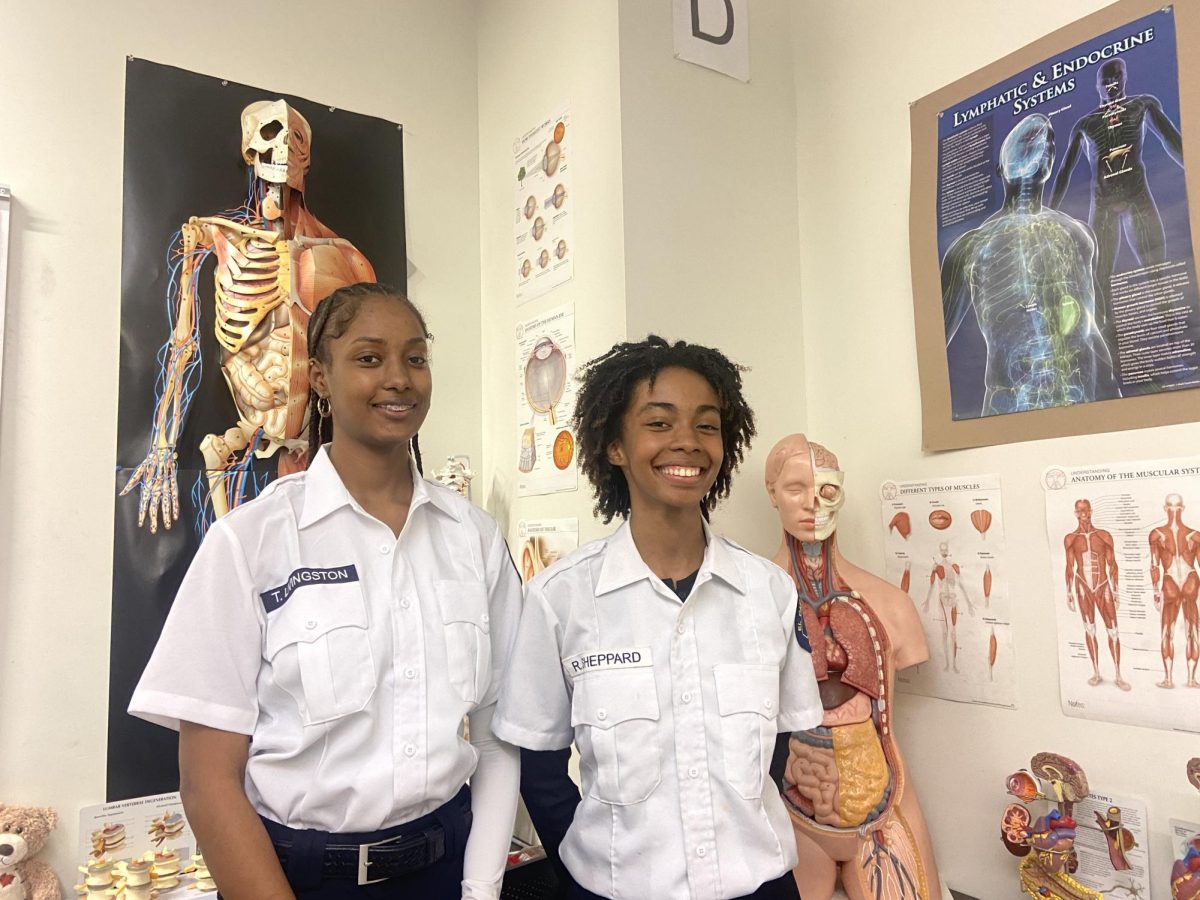
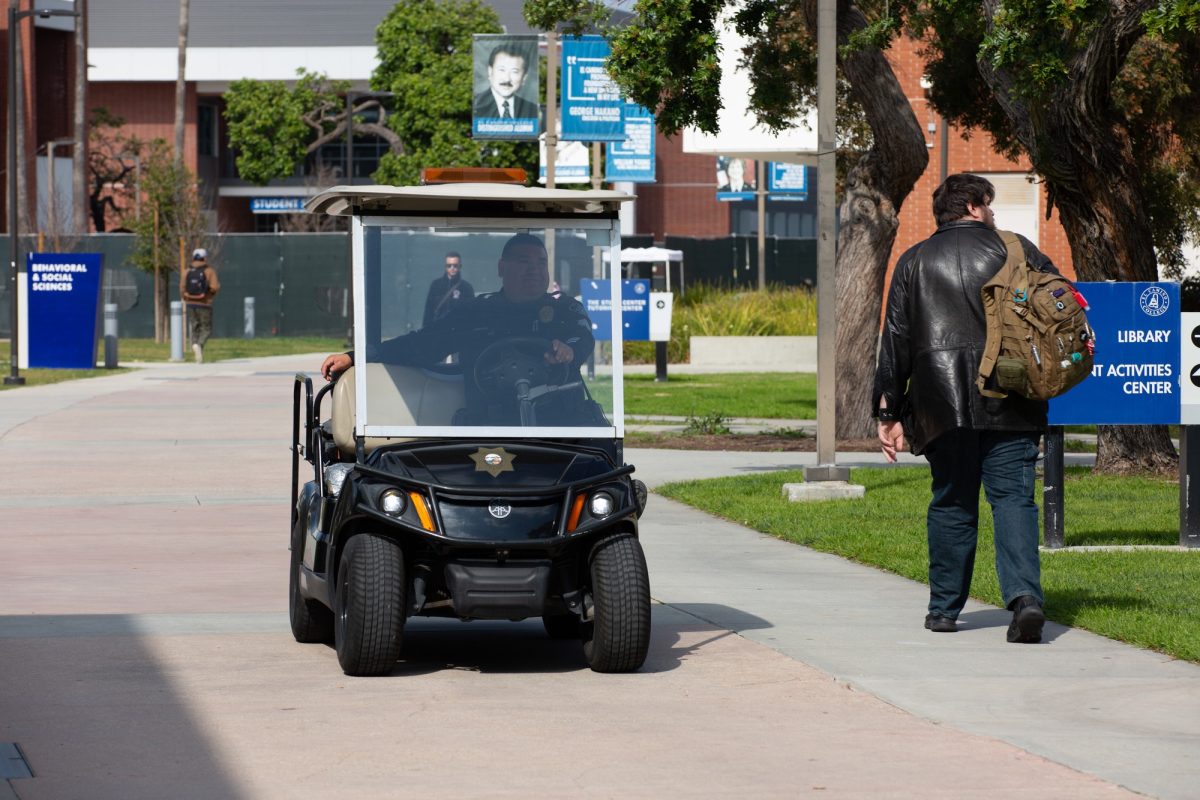
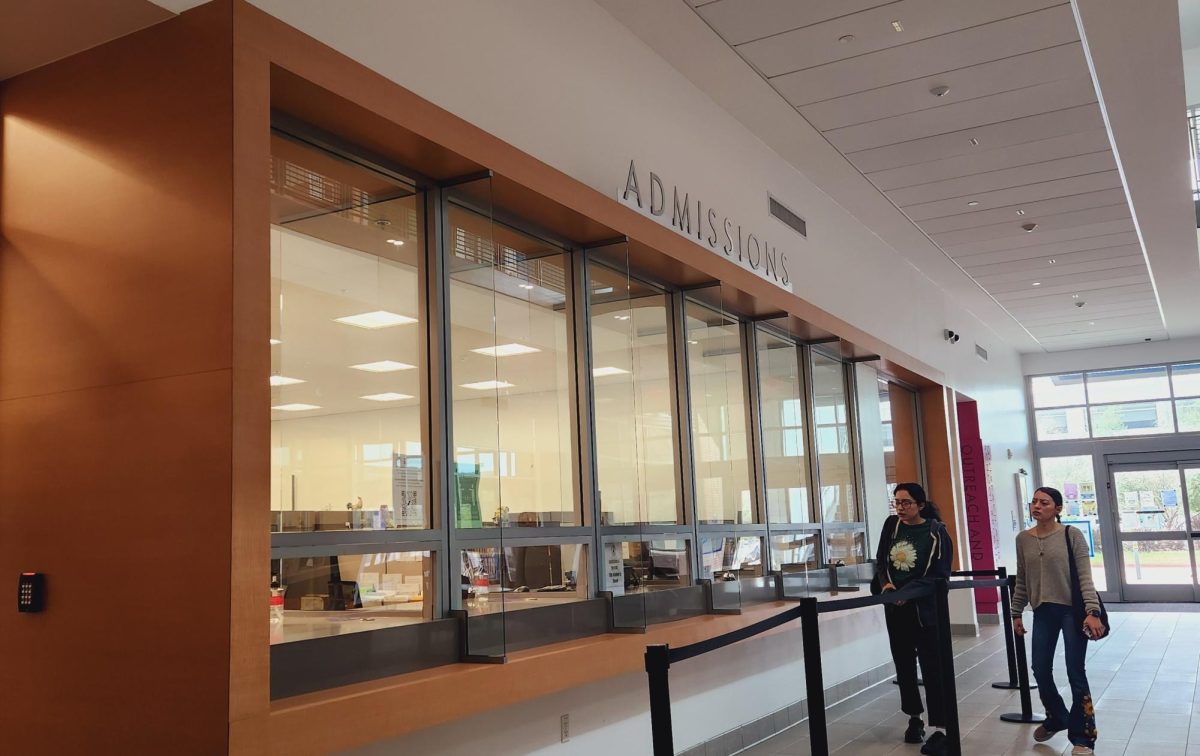
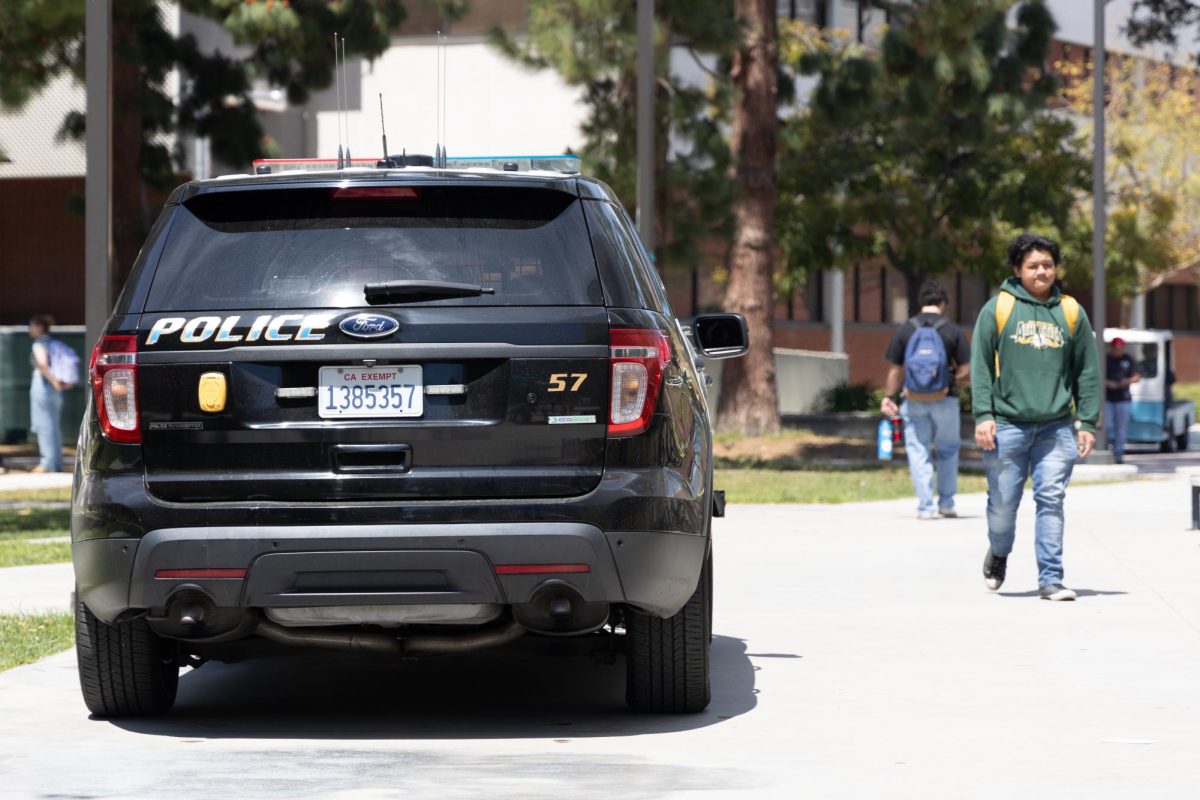
![A United Airlines jet takes off from Los Angeles International Airport on May 15. From Jul. 15 to Aug. 4, El Camino students will study in Madrid, Spain. “Once students understand the little elements [of Spanish culture] that are different, they start to appreciate Spanish culture,” Study Abroad Program Director Xocoyotzin Herrera said about the effects studying abroad has on students. (Raphael Richardson | The Union)](https://eccunion.com/wp-content/uploads/2024/06/J8-KATIE-1-1200x800.png)
